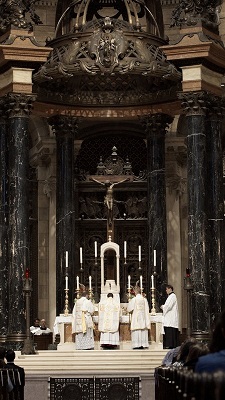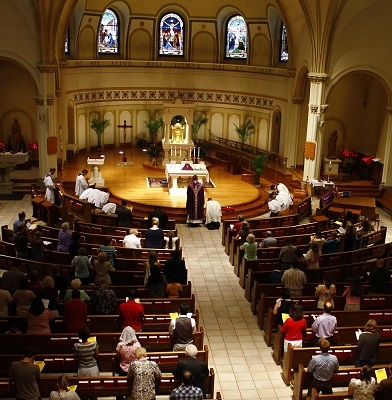It's something like this that our underground correspondent, Guy Noir - Private Eye, seemed to be worried about in a message he sent me by carrier pigeon this afternoon. Thankfully, the pigeon didn't leave any droppings behind:
"It could never happen here."Even if no official modifications of traditional teaching are soon forthcoming, you're crazy if you doubt unofficial modifications are well on their way, blown along on the clouds of a very biblical sounding moral theology of Christ-centered inclusion. Those taking exception will get reactions like this from a com boxer over at G.G. Hart's blog. Brace yourself for being stereotyped as mean ol' men with damaged authoritarian-type personality disorders. (bold mine)Bobby Posted January 31, 2015 at 1:33 am |
That's the Catholic line as we watch Protestant meltdowns.
And we are naive.
See this extremely disturbing report from TIME Magazine: "Nashville Evangelical Church Comes Out for Marriage Equality" (Time, January 29, 2015). Disturbing for so many reasons [of course, is anything now in TIME not?].
Among them:
1. The call for "Dialogue" and "Times of Listening" on settled doctrine and morals is always a warning sign;
2. Can anyone NOT hear in this sermon all the colors of wind that carries Pope Francis? I know in Argentina he came out hard against Same Sex Marriage, but he claims to have evolved a lot since then;
4. Can anyone not imagine Cardinal Schoenborn or Cardinal Kasper delivering umpteen winsome versions of a similar message?
3. Ask yourself if you cannot see a future Catholic pope or synod prompting some similar sort of news report. I can.
Here is Carl Trueman on his own peeps: "The Silence of the Gods" (Postcards from Palookaville, January 30, 2015).
Tell me this doesn't make you too say "Uh-oh."The evangelical collapse is coming. A set of circumstances is conspiring to make it so. The external pressure is easy to identify: the sentiment, the aesthetics and the rhetoric of the wider world are overwhelmingly on the side of change. Then there is the fact that so much evangelical Protestantism does not possess the resources to resist this pressure....
This is not a time for ambiguity. Ambiguity is the luxury of those who do not have to face the immediate harsh realities of life in the real world as experienced by most Christians, or who know that their pensions are safe whatever happens. Nor is it a time for the evangelical elites to fail to call their own to account and to maintain their usual gentlemanly silence when one of their own steps out of line. If I have learned one thing from my dealings with the conservative evangelical establishment in the USA, it is that the silence of friends is always more significant and more dangerous than the noise of enemies. If a major collapse is to be averted, we need strong, vocal leadership from the leaders of Christian institutions -- denominations, liberal arts colleges and the like. And that sentence sums up why I am so pessimistic.
Frankly, like most in my age bracket, I find the hand-wringing over same-sex marriage a bit difficult to understand. The institution of marriage is a far cry from what it was just 100 years ago. Following the romantics’ and the Freudians’ lead, we came to accept marriage as an institution primarily concerned with the expression of heterosexual desire. It’s no wonder then that the church inevitably had to accept divorce and remarriage as part of the package. After all, if heterosexual desire is the fuel that feeds the flame of marriage, we can’t exactly ask Christians to stay married when that fuel is running low. So now we’re forced to ask what we should do with those who don’t feel any heterosexual desire at all, or whose primary desire is directed to those of the same sex. And we rightly look a little silly demanding that they remain lonely and celibate for the rest of their lives.
And don’t get me started with the rather extra-biblical notions of “biblical manhood” and “biblical womanhood.” When you spend time interacting with gay people, especially gay Christians, the topic of sex rarely comes up in their explaining why they identify as gay. Their explanations largely center around a sense of being excluded by the culture’s normative scripts for masculinity and femininity, namely, in that they want to feel a closer bond to men than what the culture deems to be acceptable. But when we look at Jesus or Paul, we don’t exactly see two men whose persona oozes with the SEC frat bot characterization of masculinity that’s promoted by our cousins over at the Gospel Coalition. Maybe it’s our culture’s misinformed notions of masculinity and femininity that are screwed up, and that those identifying as gay may be more normal than chest-thumping blowhards like Mark Driscoll, Denny Burk, Al Mohler, the BBs, etc.
I do think that there’s a certain wisdom in opposite-sex coupling. But I doubt that that wisdom has much to do with sex, except for purposes of procreation. Paul’s reluctant commendation of marriage in I Corinthians 7 in no way endorses marriage in the way that evangelicals, and particularly Reformed evangelicals, have come to construe the institution–as something of a playground of (male) heterosexual desire. Sadly, most 20-somethings considering marriage would do far better reading Gary Becker than any of the litany of books authored by evangelicals. Or maybe they should consider the wisdom of Nietzsche: “When marrying, you should ask yourself this question: Do you believe that you are going to enjoy talking with this woman into old age? Everything else is transitory, as most of the time that you’re together will be devoted to conversation.”
I understand why many would accuse evangelicals of opposing same-sex marriage merely out of anti-gay bigotry. After all, evangelicals don’t have a very consistent ethic of marriage. But I think that that criticism is too simple. Rather, I’d suggest that evangelicals actually have no ethic of sexuality, marriage, and family. Sexuality is messy and complex. Heck, if we’re honest with ourselves, none of us fits neatly into John Piper’s ridiculous scripts for “biblical manhood and womanhood.” But evangelicals like clear answers. So, we lay out a formula, and then try to cram ourselves into the roles demanded by the formula, all the while hoping that no one discovers that we’re frauds. And we also fear the disorder that could ensue if people started going off script.
I suspect that the storm and drag over same-sex marriage has little to do with deeply felt objections to gay sex. Rather, it’s something more akin to a fear that calamity will ensue if the prevailing script is deconstructed and dethroned. These folks probably have high F-scores on Adorno’s test for authoritarian personalities.




 I know, I know. As Mark Shea, Randy Reno, Fr. Dwight, and a phalanx of hopeful witnesses unceasingly reassure us,
I know, I know. As Mark Shea, Randy Reno, Fr. Dwight, and a phalanx of hopeful witnesses unceasingly reassure us,  An interesting roster of individuals on their interview list as well, including Austin Ruse, Mary Ann Kreitzer, Dr. Kevin Vost, Jack Fonseca, Brian Camenker, and Paul Rondeau. On "
An interesting roster of individuals on their interview list as well, including Austin Ruse, Mary Ann Kreitzer, Dr. Kevin Vost, Jack Fonseca, Brian Camenker, and Paul Rondeau. On "
 Every year I run into people who attend the annual March
for Life in Washington. Some of these are our own parishioners. I have
long admired their selfless dedication in making personal sacrifices to
be present for this remarkable national gesture of solidarity with those
preborn infants who cannot insist on their right to be born and to live
thereafter. I have never gone on these trips myself (though I have, in
years past, participated in some local events on a smaller scale). One
comes to learn that this yearly demonstration which takes place in the
Capitol is an event of enormous proportion, the astounding size of which
makes it unconscionable for the media to under
Every year I run into people who attend the annual March
for Life in Washington. Some of these are our own parishioners. I have
long admired their selfless dedication in making personal sacrifices to
be present for this remarkable national gesture of solidarity with those
preborn infants who cannot insist on their right to be born and to live
thereafter. I have never gone on these trips myself (though I have, in
years past, participated in some local events on a smaller scale). One
comes to learn that this yearly demonstration which takes place in the
Capitol is an event of enormous proportion, the astounding size of which
makes it unconscionable for the media to under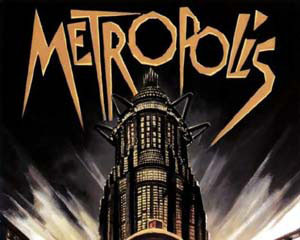
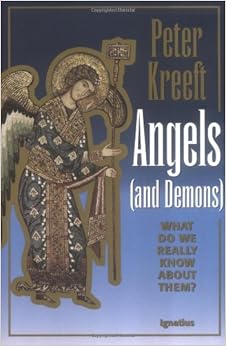
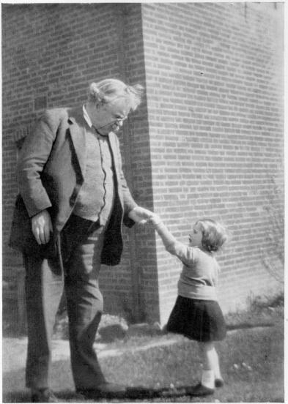 Catholics who enjoy the show will do themselves a favor by reading Maisie Ward's thoroughly enjoyable history of her family,
Catholics who enjoy the show will do themselves a favor by reading Maisie Ward's thoroughly enjoyable history of her family, 

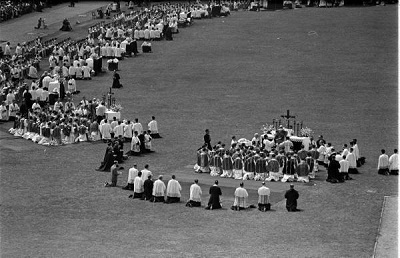
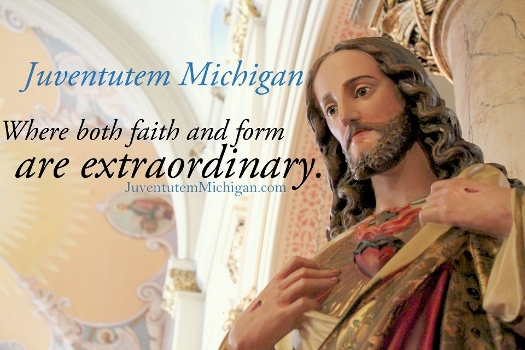
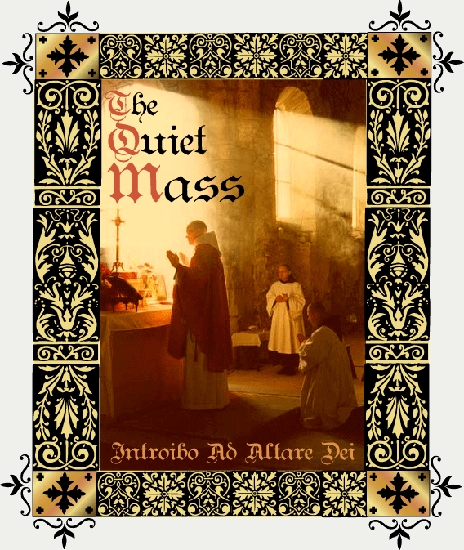

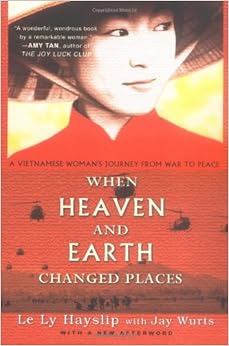
 Pope #5 was Pope Saint Evaristus (c. 101- c. 109), a Greek from Antioch, the son of a Jew named (surprise!) Juda from Bethlehem. One of my favorite things about him is that in his first epistle, addressed to the bishops of Africa, he decreed that seven deacons were to monitor a bishop's preaching in order to ensure that he did not lapse from the authentic traditions and teachings of the Faith. (Is that not cool, or what?!!) Of course he reserved to the See of Rome the power to terminate any bishop as a result of such an indiscretion, but the practice has something to commend it in keeping a bishop on his toes. It reminds me of how Dutch Reformed churches used to have elders from the congregation give immediate feedback to the local pastor after his delivery of the Sunday sermon; and if he made any doctrinal mis-steps or flirted with danger a bit by pushing the edge of the envelope, they would let him know it in no uncertain terms.
Pope #5 was Pope Saint Evaristus (c. 101- c. 109), a Greek from Antioch, the son of a Jew named (surprise!) Juda from Bethlehem. One of my favorite things about him is that in his first epistle, addressed to the bishops of Africa, he decreed that seven deacons were to monitor a bishop's preaching in order to ensure that he did not lapse from the authentic traditions and teachings of the Faith. (Is that not cool, or what?!!) Of course he reserved to the See of Rome the power to terminate any bishop as a result of such an indiscretion, but the practice has something to commend it in keeping a bishop on his toes. It reminds me of how Dutch Reformed churches used to have elders from the congregation give immediate feedback to the local pastor after his delivery of the Sunday sermon; and if he made any doctrinal mis-steps or flirted with danger a bit by pushing the edge of the envelope, they would let him know it in no uncertain terms.




